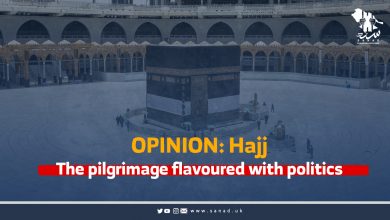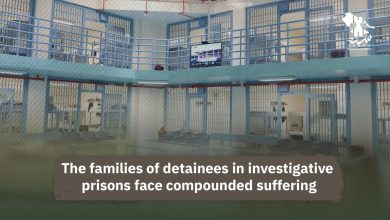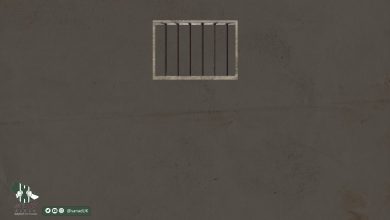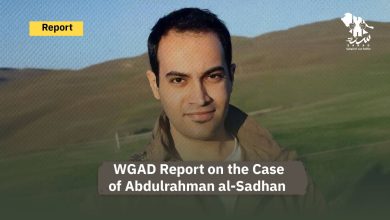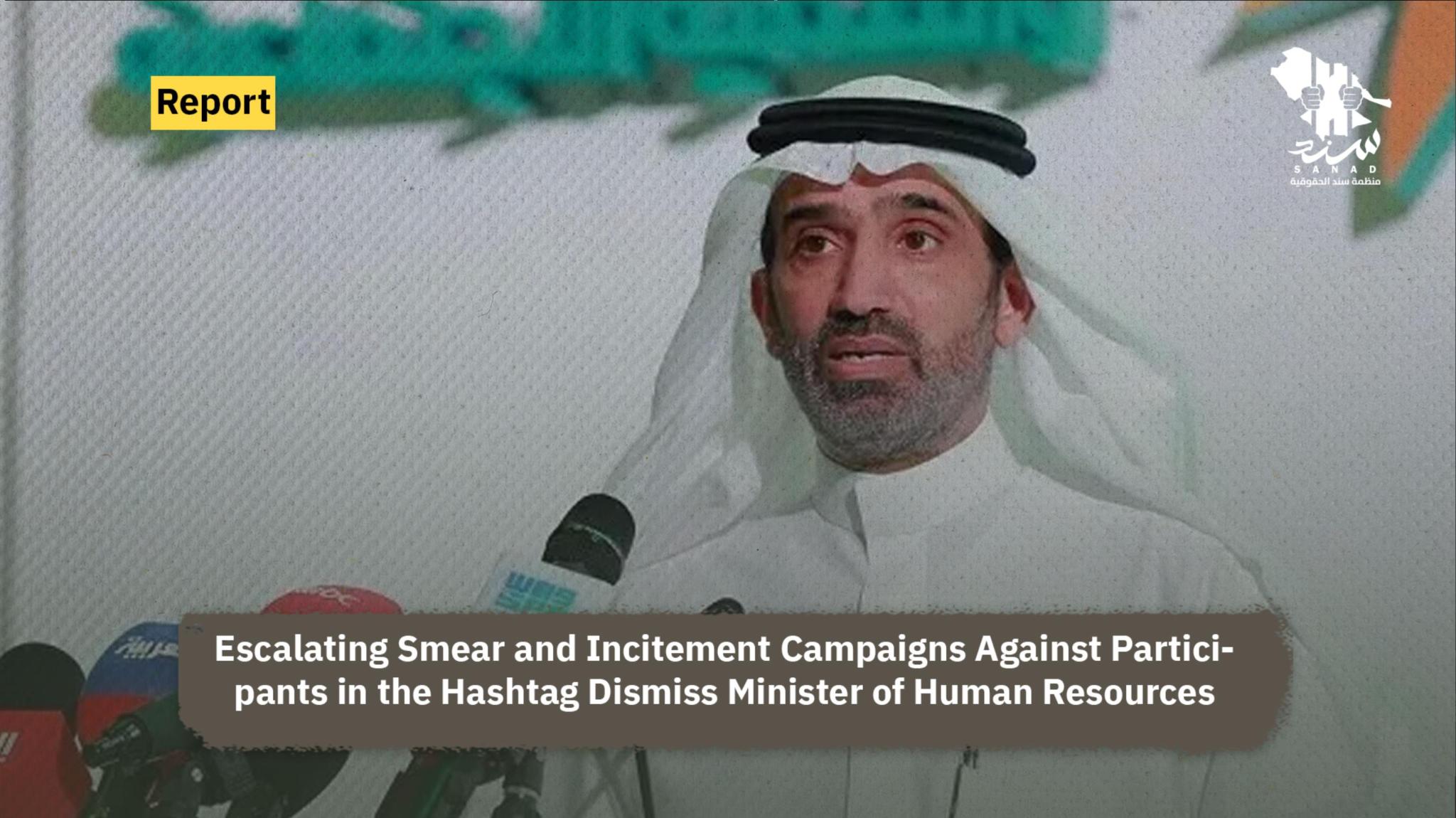
Escalating Smear and Incitement Campaigns Against Participants in the Hashtag Dismiss Minister of Human Resources
SANAD Human Rights Organisation is deeply concerned about the rising wave of smear and incitement campaigns targeting Saudi citizens for participating in public discourse on social media platforms—particularly discussions about livelihood issues such as unemployment and poor government administration.
SANAD has observed a systematic pattern used by Saudi authorities to confront such participation. This includes deploying online accounts—some of which belong to individuals affiliated with the government, while others appear to be fake and likely operated by official entities—to discredit participants, question their loyalty, and eventually target those whose identities are known with arbitrary arrests and vague accusations like “undermining security” and “supporting terrorism,” as seen in previous years.
Turning Demands into Charges
In recent years, hashtags launched by Saudi citizens to express frustration over rising unemployment or to demand administrative reforms have increasingly become monitored spaces of state retaliation.
Instead of responding transparently and accountably, the authorities treat these demands as security threats, creating an oppressive atmosphere that criminalizes freedom of expression and silences legitimate grievances.
The Latest Hashtag:
Dismiss Minister of Human Resources In early April 2025, the hashtag #Dismiss_Minister_of_Human_Resources topped trending lists in Saudi Arabia following public outrage over the Ministry’s failure to address the worsening unemployment crisis and unfair decisions that harmed thousands of job seekers.
Shortly afterward, accounts began describing participants in the hashtag as traitors or foreign agents, insinuating ties to hostile parties. According to Sanad’s monitoring, these accounts are either government-run or part of coordinated troll networks aimed at spreading disinformation and threats.
Local Media: A Tool of Propaganda, Not Accountability
Local media outlets in Saudi Arabia lack independence. They function mainly as extensions of the state, presenting only the official narrative while ignoring the real concerns and voices of citizens.
These outlets are not permitted to cover issues like unemployment or public criticism of ministries. Instead, media coverage is tailored to justify and defend official policies—even when facing widespread public backlash.
A Warning Against Recurring Arrest Patterns for Tweets
In recent years, a disturbing pattern has emerged: citizens participating in hashtags demanding reforms or criticizing state institutions are often subjected to state retaliation. The escalation usually begins with the identification of users, followed by summoning some for interrogation, and arresting others without warrants or formal charges.
Once arrested, tweets are framed within the context of anti-terrorism laws, and vague charges such as “destabilizing security” are brought against them—charges that could lead to lengthy prison sentences, despite the original content reflecting legitimate and peaceful demands.
In light of the current crackdown on participants in the #Dismiss_Minister_of_Human_Resources hashtag, Sanad warns of repeating this repressive pattern and calls on authorities to respect the right to peaceful expression and not to treat public demands as criminal offenses.
Documented Cases
Sanad reminds the public of several previously documented cases where individuals were arrested for participating in hashtags focused on livelihood issues and remain detained to this day, including:
Bander Al-Jahdali: Arrested in November 2019 over tweets related to unemployment hashtags. Sanad has received no information on his legal status or conditions of detention since.
Zaid Al-Roqi: Also arrested in November 2019 over similar tweets. No further updates have been available since his detention.
Abdulrahman Al-Sheikhi: Arrested in May 2021 for tweets demanding more job opportunities for youth.
Najwa Al-Humaid: Detained in May 2021 as part of a campaign targeting young activists who participated in hashtags about joblessness.
Recommendations
Sanad Human Rights Organization calls for:
The immediate and unconditional release of all detainees held for peacefully expressing their opinions.
Halting the misuse of anti-terror laws to criminalize freedom of expression and reviewing all charges lacking clear legal grounds.
Guaranteeing the right to express opinions and engage in peaceful criticism, in line with international human rights standards ratified by the Kingdom.
Seriously addressing public demands through realistic policies that tackle unemployment and low wages, and restore dignity to national talent.
Ensuring fair distribution of opportunities and resources as a necessary step toward social justice and internal stability.
Ending smear campaigns and security harassment of citizens for expressing their suffering on social media.
Conclusion
SANAD emphasizes that criminalizing participation in public discussions about livelihood issues such as unemployment—and turning them into security cases—represents a blatant violation of fundamental rights guaranteed under international law, especially the right to freedom of expression.
This approach constitutes a dangerous escalation in the suppression of civil liberties and reflects the Saudi authorities’ determination to shrink the civic space and silence all forms of peaceful criticism or reform advocacy.
Citizens have the right to speak out about their struggles without fear of persecution or defamation. It is the state’s responsibility to provide a safe environment where citizens’ voices are heard—not hunted or erased.


